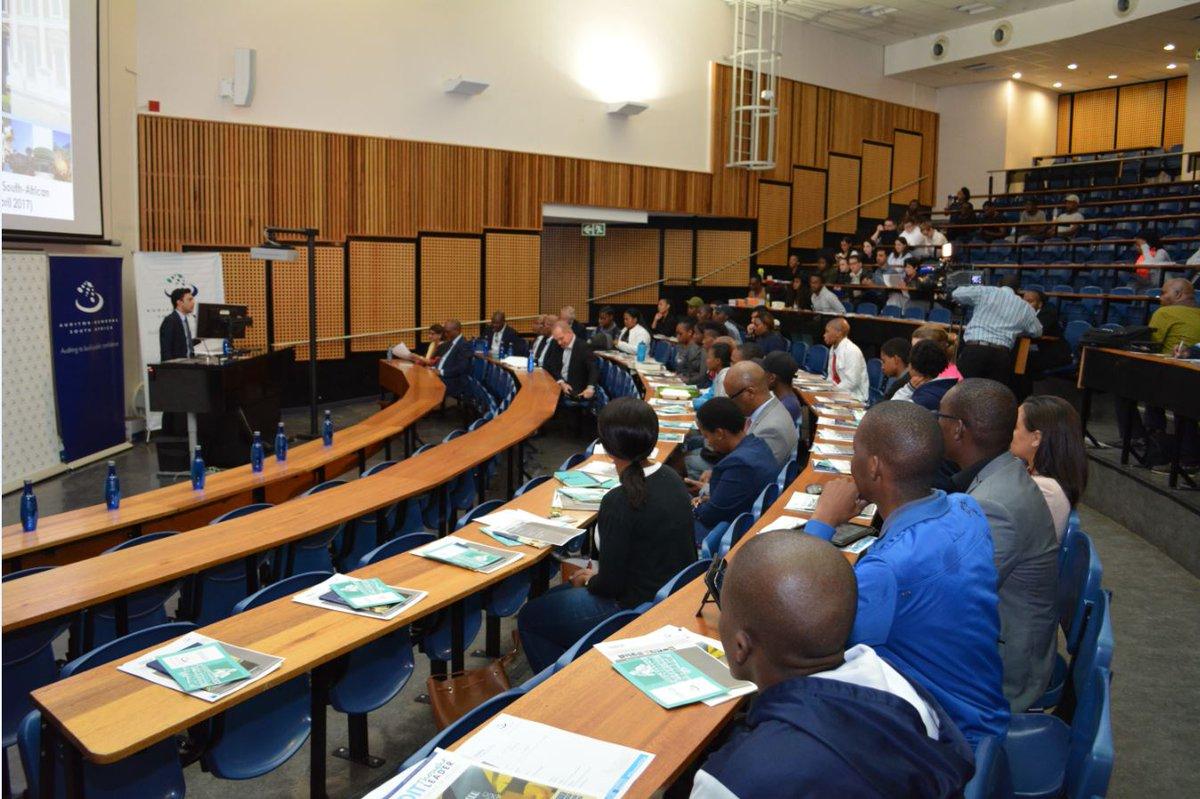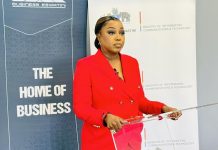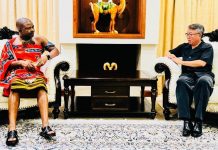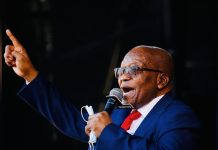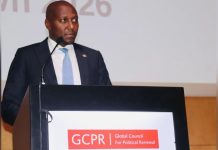Africa-Press – Eswatini. Retired University of Eswatini Political Science Lecturer Dr Petros Qambukusa Magagula says there is a lot that goes on in a proper National Dialogue and therefore this process could take up to four years.
Dr Magagula said stakeholders would have to be prepared to do extensive research, consultations, civic education and benchmarking as they decided which political system would better suit the country.
He said the people who were leading the talks, especially the section that says it wants change should be well informed about all the systems of multiparty. The retired lecturer said history had proven that such an exercise, if it was to bring about the desired change, required time. He made an example of the South Africa case.
“If you are to find the Eswatini solution, a thorough research is needed. You are not going to, all of a sudden, come up with a solution to the Eswatini problem. You are going to spend years debating, talking to the people and teaching them since some had been deprived the opportunity to learn politics,” said the political analyst.
In his view, he said that people needed to be informed of the options and differences in the systems. “Let me make an example of South Africa, former President Nelson Mandela was released in 1990 but the elections that brought in the African National Congress (ANC) to power were held in 1994.
That was four years, it was not a joke and still it is not a perfect democracy, it still has its own problems but it was better than the previous one,” he said. He said the stakeholders should be focusing on research and benchmarking so that at the national dialogue they would present their research to support their view and if need be, they should go back to do more research.
“Do not expect change any time soon, a serious meaningful change will take a number of years not just one year because they are yet to engage the people.
It is better that you can see drafts and manifestos of the different political parties at times differ from each other and they argue debate and disagree on certain things which is part of multiparty democracy, at the end of the day you will agree to disagree then you live,” he said.
He further pointed out that there could never be one constitution on which everyone could agree with, “and that is why there are compromises made along the way.” Dr Magagula said it was clear that most of the countries in the world preferred multiparty democracy because it had been tested and found to be working and suspected that was why local civic organisations, trade unions, including the students, the multi stakeholder forum and political parties are advocating for it.
He was however quick to point out that it had its own problems and it was not uniform. When asked to share his opinion on which system could fit Eswatini he said it was not possible to thump suck the system that could be a fit for the country but benchmarking was needed and thorough research before an ideal model could be chosen.
For More News And Analysis About Eswatini Follow Africa-Press


